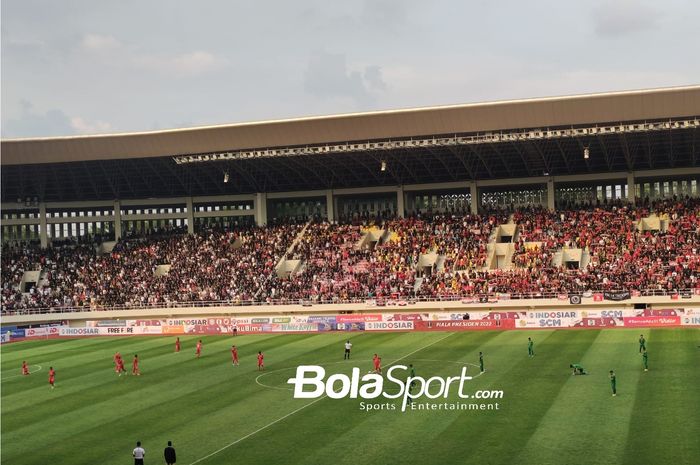Only a few years ago, he was considered a liberal reformer in the Kremlin. However, the spectacular hardening of the positions of former Russian President Dmitry Medvedev since the beginning of the war in Ukraine, according to analysts, shows the impossibility of existing outside the shadow of Vladimir Putin, writes in an analysis Stuart Williams of AFP, BTA reported.
“I hate them. These are bastards and degenerates,” Medvedev, 56, who was president from 2008 to 2012 and prime minister from 2012 to 2020, wrote on his Telegram channel on Tuesday. “They want our death, the death of Russia. But as long as I live , I will do everything to make them disappear “, added the Deputy Chairman of the influential Security Council of Russia, without specifying exactly who he means – the Ukrainians, the Americans or more generally the West.
This message struck even those who witnessed the militant evolution of his rhetoric in recent weeks.
“Medvedev is threatening the Ukrainian population with destruction,” former Swedish Foreign Minister Carl Bildt wrote on Twitter.
On May 12, Dmitry Medvedev said in the same channel that by arming Ukraine, Western countries were fueling a proxy conflict., “who risks escalating into a large-scale nuclear war.” On May 30, he threatened retaliation against Western “decision-making centers” in the event of Ukrainian strikes on Russian territory with American missiles.
“The horsemen of the Apocalypse have left, and we can only trust in God“he said in a recent interview with Qatar’s Al Jazeera television.
According to Ben Noble, a professor of Russian politics at University College London, “Dmitry Medvedev is apparently trying to prove the validity of his claims and his loyalty in a system that has become ‘more hawkish’ and less tolerant of nuances.”
Putin’s successor?
Born like Vladimir Putin in Leningrad (now St. Petersburg), Medvedev spent his entire career in the shadow of his mentor. However, a lawyer by education, considered one of the leaders of the “liberal” wing of Putinism, he was marginalized by the rise of the so-called rival clan. “security forces” (military and security officials).
In the early 1990s, Medvedev joined Putin’s foreign relations committee of the St. Petersburg city government, which transferred him to Moscow in 1999.
Elected head of state in 2000, Vladimir Putin soon appointed him head of the presidential administration and later in 2005 as deputy prime minister.
Dmitry Medvedev was elected president in 2008 because Putin could not run for president for more than two consecutive terms..
However, as part of what will become known as a simple “reshuffle”, Vladimir Putin and his prime minister swapped roles again in 2012.
As president, Dmitry Medvedev announced his closeness to US counterpart Barack Obama in 2010 and his desire to restart relations with the United States.
This rock fan and big fan of the American band Linkin Park cultivated the image of a moderate politician.who was given an iPhone by Apple founder Steve Jobs during a visit to Silicon Valley and opened a Twitter account at the company’s headquarters.
In international politics, this convergence was expressed in a simple abstention instead of a veto by Russia on a resolution on Libya in the 2011 UN Security Council.
This decision allowed NATO to intervene militarily, which led to the overthrow of Gaddafiprovoked the rebuke of Vladimir Putin – a rare case of dissonance in the functioning of the “tandem”.
In 2012, Medvedev simply refused to run for president in Putin’s favorwho returned to the Kremlin and in turn made the former president his prime minister.
Medvedev’s current hardening of tone reflects the perception of a similar course by other Russian leaders as Secretary of the Security Council Nikolai Patrushev and Speaker of the Lower House of the Russian Parliament Vyacheslav Volodin – both mentioned as possible successors to Vladimir Putin.
Can Medvedev also position himself among the candidates for successor, given the growing rumors about the health of the Kremlin boss?
His chances are slim in the absence of support, in particular from the security services, but “it is possible that he will try to raise them with his current radical statements,” said Ben Noble.
–


